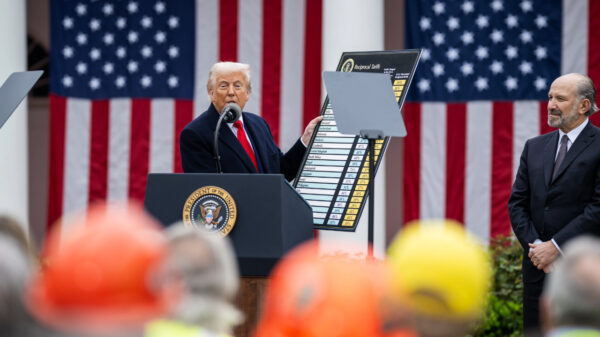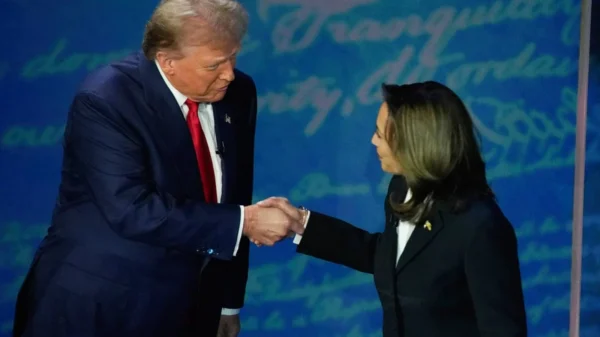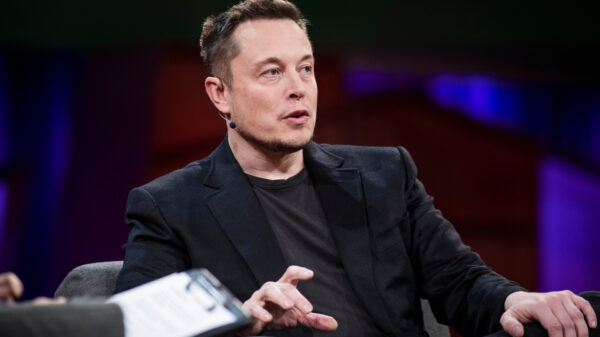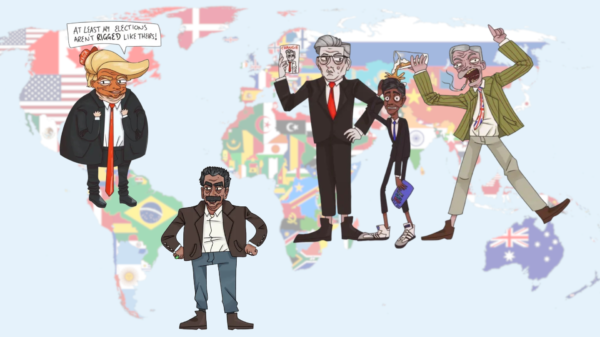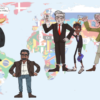Roar writer Justine Noble examines why the USA declaration that China is committing genocide against it’s Uygur minority has come so late.
On 19 January, 2020, the US State Department asserted that the Chinese government is carrying out genocide and crimes against humanity by repressing Uyghurs and other predominantly Muslim ethnic minotirites in its northwestern region of Xinjiang through means ranging from internment camps to forced sterilisation.
Speaking for the department, Secretary of State Mike Pompeo said, “I believe this genocide is ongoing, and that we are witnessing the systematic attempt to destory Uyghurs by the Chinese party-state” and that Chinese officials were “engaged in the forced assimilation and eventual erasure of a vulnerable ethinic and religious minority group”.
This final interaction between the Trump administration and China is the product of a debate that has been taking place for years over how to make Beijing pay for what are widely recognised as some of their most horrific human rights abuses in decades. While Trump held office and relations between the US and China worstened, Pompeo’s statement added fuel to the flames. Foreign policy officials and experts in several political fields generally agree that China will cause the greatest difficulty for any serving administration in the coming years, or even decades.
As the harshest denouncement of China’s actions in Xinjiang of any government yet, the US’s declaration is being celebrated by exiled Uyghurs’ long-awaiting validation for the pain they have endured.
In the New York Times, Rayhan Asat, a Washington lawyer whose younger brother is currently detailed in Xinjiang stated, “Today’s determination of genocide is a signal of recognition to the long suffering of victims and survivors of the Chinese government’s interment camps, like my brother Ekpar, and millions of Uyghurs.” He went on to emphasise that the US’s announcement is not enough on its own, however, characterising it as “the starting point on the road to justice, freedom and accountability for these atrocities.”
Virginia resident Ziba Murat, whose mother, Gulshan Abbas, is imprisoned, stated “this gives us hope that those who have attempted to water down what is happening with the destruction of our people can no longer hide their complicity.” Prior to Pompeo’s statement, the sharpest condemnation of China’s policies was that from a Canadian parliamentary subcommittee.
However, Pompeo’s words did not make it out of his mouth without sparking controversy. People aware of the Chinese government’s barbarity in Xinjiang were frustrated at its lateness and the shaky ground it stands on, thanks to the Trump administration’s lack of reliability and attempts to invalidate the results of the presidential election.
Come to think of it, why was this announcement made so late? While the genocide of China’s Uyghurs has gained major traction on social media platforms in the last year, an enormous and immensely secure compound equipped with 16 guard towers – now known to be an internment camp – was discovered by satellite footage all the way back in 2018. While that might not seem like a long time, it certainly is when we are talking about arbitrary imprisonments, forced sterilisations, torture, forced labour, familial separations, and constraining the religious expression, speech, and movement of 10 million people.
Apparently, Mr. Pompeo, State Department lawyers, and other officials had discussed the declaration for months, but the issue was given increased importance as Trump prepared to leave office on 20 January. Specifically, stakeholders were butting heads over whether China’s brutality is better classified as genocide or as crimes against humanity, which American officials involved in the debate explained are considered less drastic.
As is typical of foreign policy regarding China, the issue of Uyghur repression had long caused rifts between administration officials. While Pompeo and other national security agents encouraged severe action against Beijing, Trump – along with important economic advisers – were happy turning a blind eye.
There are several aspects of this situation that should make us sick to our stomachs. First of all, I find it hard to believe that Pompeo’s declaration being released just days before President Joe Biden’s inauguration is coincidental.
After a year long debate on the issue, it seems unlikely that a conclusion reported after one of the most contentious elections in US history is anything but an attempt to sabotage Biden’s presidency from the get-go. As previously mentioned, China is one of the biggest foreign policy hurdles for the US to continuously jump over in years- one which Biden must now immediately face again.
Furthermore, it is widely believed – and arguably quite obvious given the lack of care from economic advisers – that a declaration was not made during Trump’s presidency for fear of compromising trade deals and economic prestige. This tells us a lot about the sorry state of world politics today, as political prestige is placed above mutual respect for competing parties and morality as a governing force in foreign policy. We can likewise learn a lot about the hard truth of international relations; in our anarchical world system, the interests of the state always prevails over the rights of individual human beings.
Additionally, something is very wrong when the top officials of one of the world’s most powerful countries can quarrell over semantics while minority groups are robbed of their identities and killed by the minute. While officials spent months debating whether China was carrying out crimes against humanity or whether it was as bad as genocide, they should have been taking action against China regardless. Time and time again, we see bureaucracy superseding the saving of lives; politics negating people.
Nonetheless, not all is lost. While Trump was reluctant to impose sanctions against China and considered Chinese President Xi Jinping a friend, Biden’s election has brought hope. Already last year, Biden stated through a spokesperson that China’s actions in Xinjiang were classifiable as genocide, pointing to agreement with Pompeo’s announcement. Hopefully, we can expect the US to now take action, perhaps by increasing sanctions against China and officials, companies, and government agencies working in Xinjiang.
In the best case scenario, the US will begin to serve as an example to the rest of the world, with other countries and international organisations joining the movement in condemning China over repeating the darkest parts of our shared human history.










